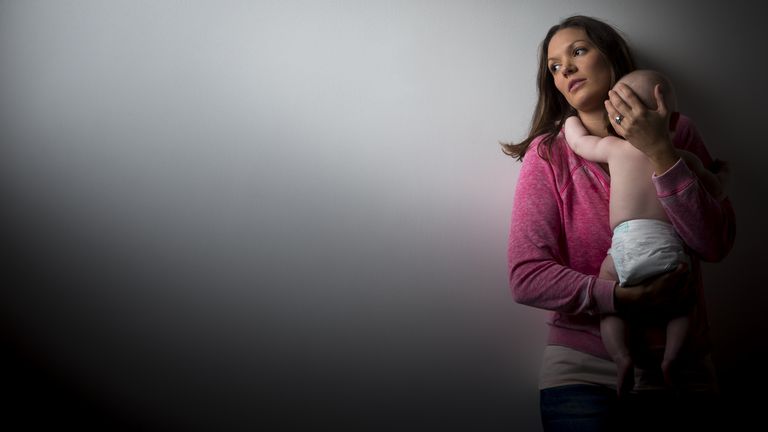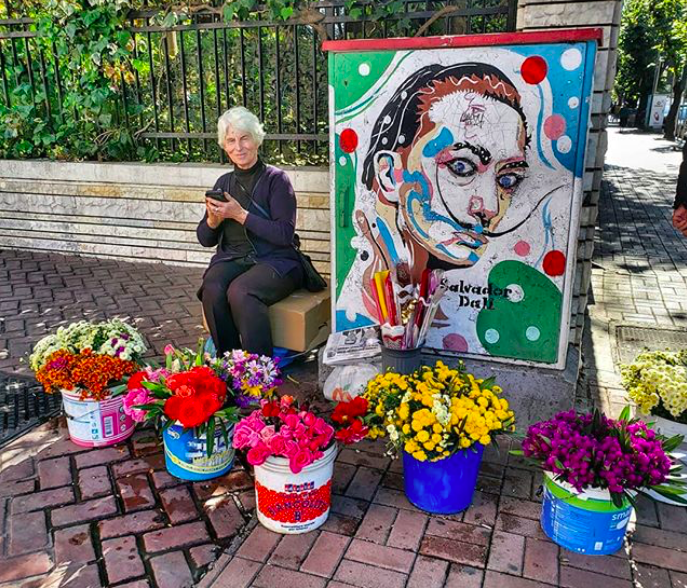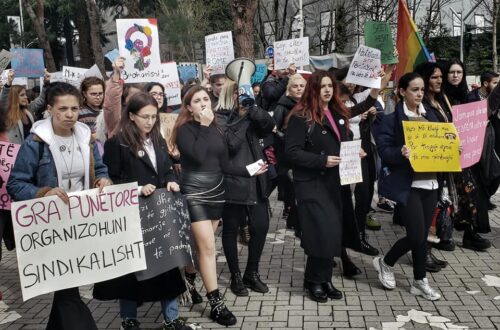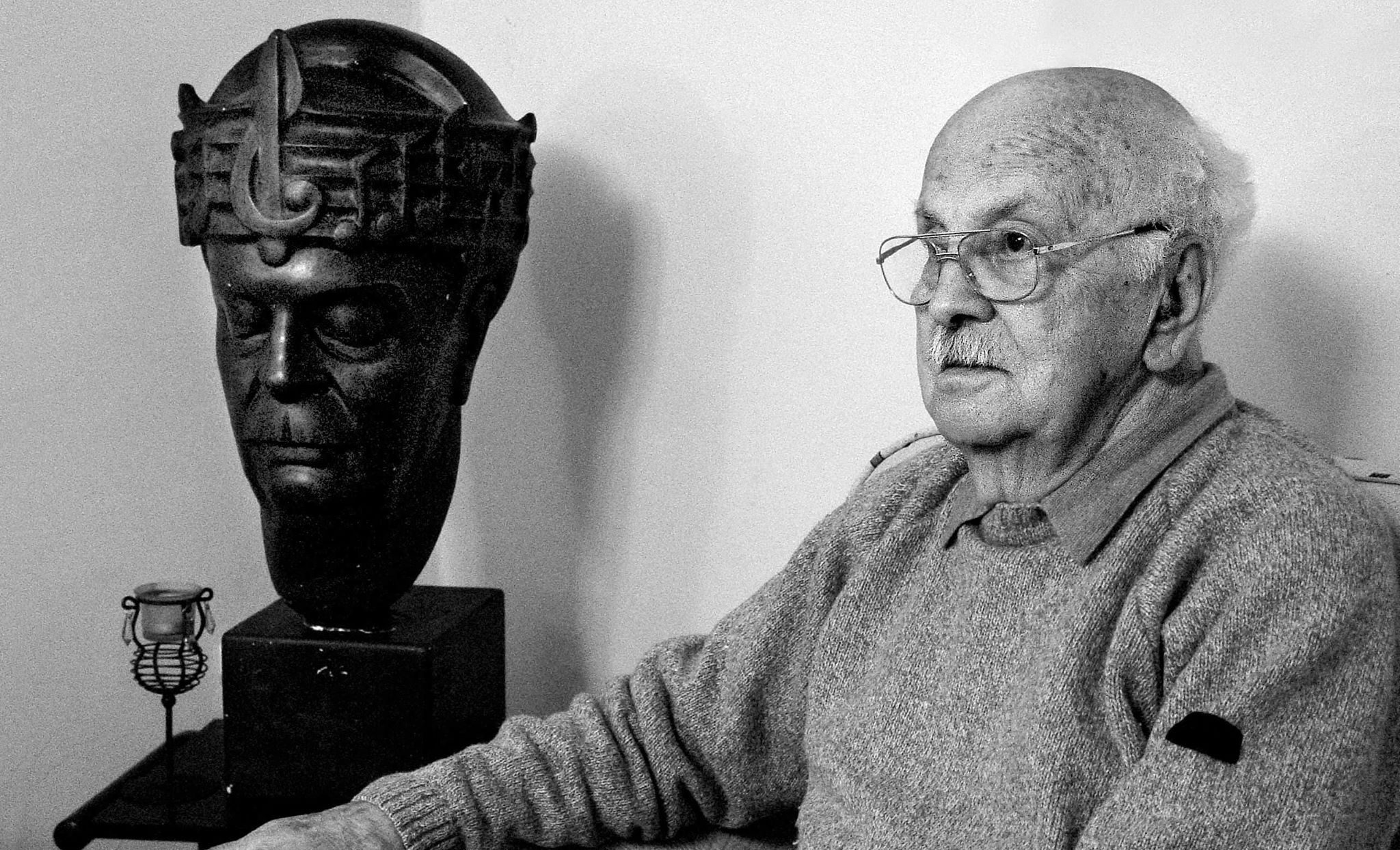During my pregnancy, I suffered from crippling prenatal depression and anxiety that contributed to existing complications and endangered my health and my babies health. When I asked for help, the responses ranged from committing me, laughing in my face, and refusing to treat me instead insisting I get on with it for the sake of the baby.
It was hard and to speak out loud about this time still upsets me because it is something I am still yet to deal with. But what happened to me is not rare. Up to 20% of pregnant women suffer a decline in their mental health during pregnancy, and up to 15% develop severe depression after the birth of their child. Suicide as a result of untreated PPD accounts for 20% of deaths in new mothers, yet as a society we do not talk about it.
I had the opportunity a few days ago to attend a small group therapy session, focussing on motherhood and organised by two sisters, Marsi and Kristi Simo.
Marsi, a sociologist, journalist and mother of a three-year-old boy suffered from postpartum depression shortly after birth, despite being aware of the condition and knowing what the warning signs here.
“The first three weeks were the scariest to me, but it got better over time thanks to my family and husband.”
Then, after the worst of the situation passed, she began to think about how much better it would be if there were sessions available to mothers-to-be which would help to prepare them for any difficulties..Whilst such sessions are available in private hospitals, there is nothing available from the state to assist mothers or to educate them on how mental health can change during an after pregnancy.
Marsi explains how the changes and challenges a woman must face are immense at this time in her life. Putting yourself in second place, the desire to be a good parent, the relationship dynamic with a woman’s partner, and the criticisms that come from friends and family- all of these can contribute to a situation where mental health can deteriorate.
Turning her attention to society’s attitude towards these issues, Marsi explains how in Albania (and may I add, elsewhere) the first steps into understanding and talking about pre and post natal depression are still being taken. Doctors usually advise young mothers that there is nothing wrong with them and they shouldn’t feel down.
She adds “society doesn’t accept these feelings because supposedly, pregnancy is something beautiful and a mother should sacrifice everything.”
“Older women today compare their time with the time we are living now and say that they were stronger, dismissing the feelings of young women today,” she adds.
From the moment a woman falls pregnant, the focus is very much on her body and the baby. Blood tests, urine samples, blood pressure, echo’s, examinations- but family doctors and gynecologists don’t talk about mental health. No one speaks about or touches the topic of pre or post natal depression she explains.
So how can we help these mothers?
“The law on parental leave is improving but still some women find it really difficult to get back in the same routine. We need more support from NGOS and institutions in providing awareness and information about this topic,” says Marsi.
“Doctors and gynaecologists should be trained to give as much help as they can before the depression hits. Your friend, your mother, or your mother-in-law are not specialists and cannot give the right advice” she adds.
In my experience, I could not find a gynecologist who understood psychology and I could not find a psychologist who understood pregnancy and childbirth. Instead I was passed back and forth between clueless professionals, whilst sinking deeper every day into despair. I remember wishing that I could go to sleep and wake up when it was all over. It was the darkest period of my life that still haunts me today, almost five months postpartum.
Meanwhile Marsi and Kristi are doing their bit. Their initiative to hold these group meetings allows mothers to share their experiences, support each other, and hopefully release stress, fear, and anxiety. It is meant to be a safe space where women can talk freely and look for support knowing that they are not alone.
“It’s not something to be ashamed of,” Marsi says, “It is not a bad thing to show and talk about what you are suffering.”
Follow The Balkanista!




